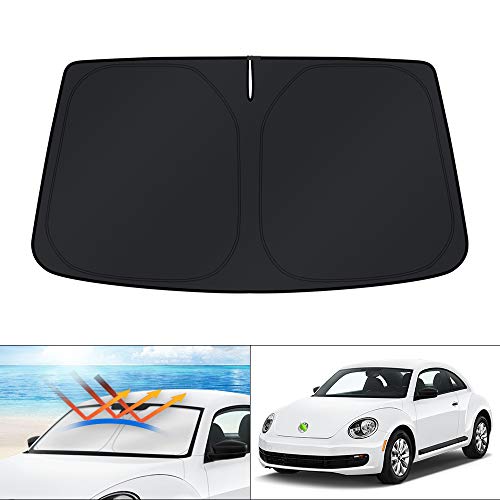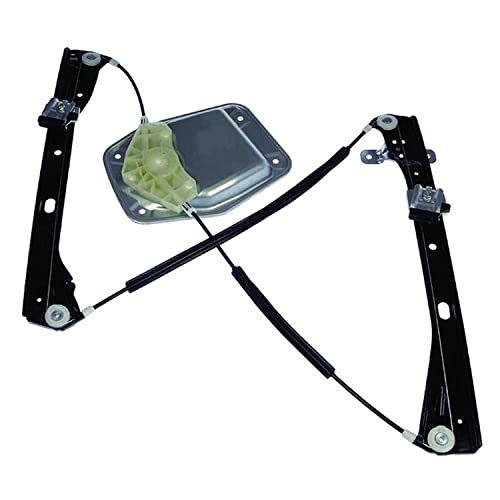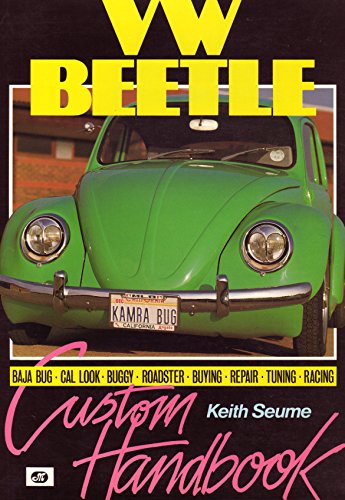Today I noticed a smell of petrol around my 71 bay. Checked al the usual stuff, fuel pipes connections etc. all dry. I pulled the dipstick and it was covered in petrol. Drained the sump and after the oil a lot of petrol came out. I have never had this happen before.
My engine has an electric Huco fuel pump so it can't be that. I last took the bus out for a spin about a week ago and didn't notice anything unusual. The engine has twin ICT carbs, I have done the usual searches and have come to the conclusion that it could be a sticking needle valve\seat or perforated accelerator pump diaphragm (not so sure about that one).
Tomorrow I will take the carbs off the engine to investigate.
In the meantime would appreciate any other snippets of advice.
My engine has an electric Huco fuel pump so it can't be that. I last took the bus out for a spin about a week ago and didn't notice anything unusual. The engine has twin ICT carbs, I have done the usual searches and have come to the conclusion that it could be a sticking needle valve\seat or perforated accelerator pump diaphragm (not so sure about that one).
Tomorrow I will take the carbs off the engine to investigate.
In the meantime would appreciate any other snippets of advice.
























